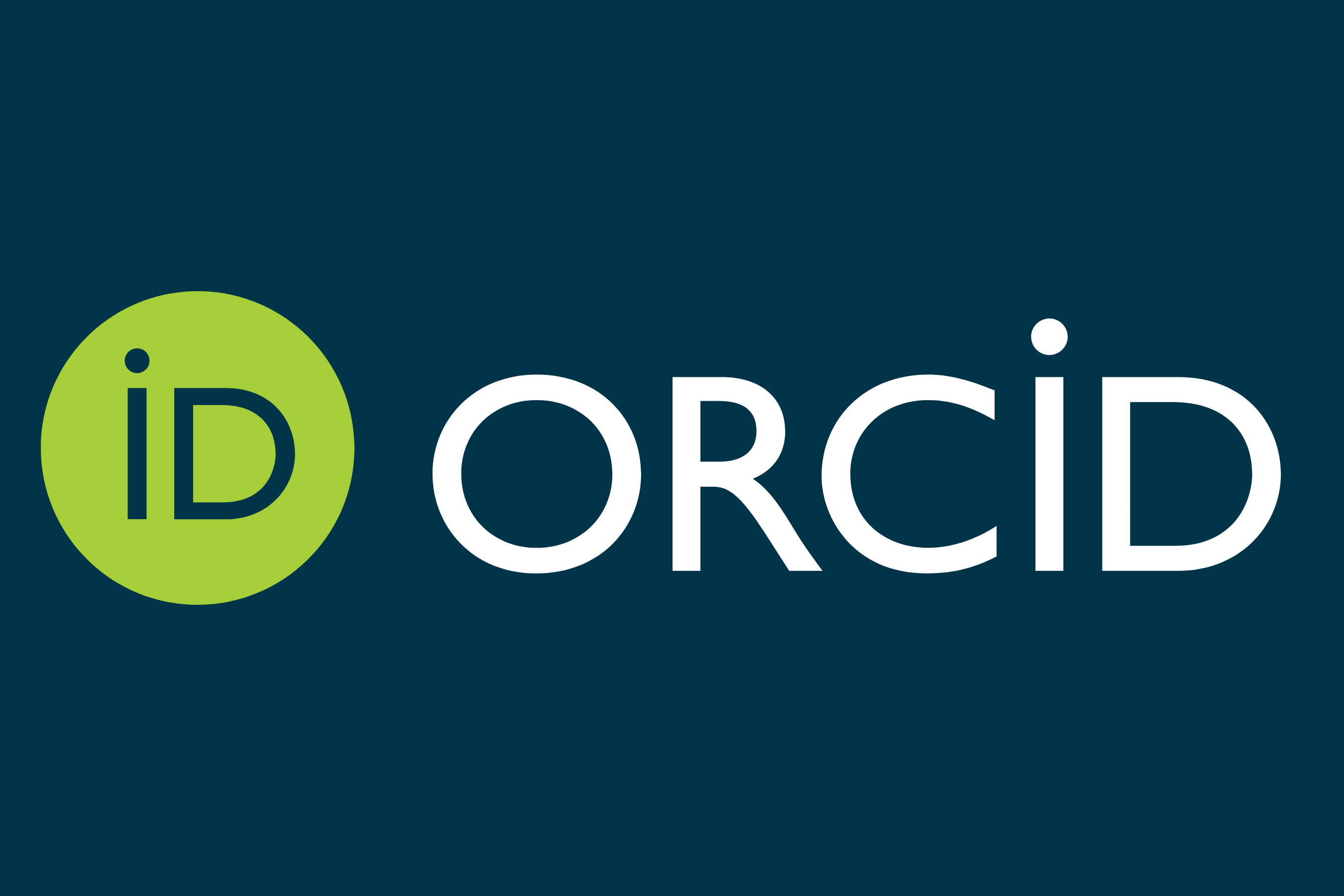The Impact Of Proactive Marketing In Promoting Green Consumer Behavior: Field Research At The General Company For Textile Industries, Hilla Textile Factories
DOI:
https://doi.org/10.31272/jae.i145.1272Keywords:
Proactive marketing, green consumer behaviour, sensing, communication, valuesAbstract
The research aims to test the relationship between proactive marketing and green consumer behavior in the General Company for Textile Industries, Hilla Textile Factories, which provides textile products, bags, and sewing hospital supplies. The research sample included (32) managers and department heads in this factory. The questionnaire was used to survey the sample's opinions. Some statistical methods were used according to the (SPSSV21) program to analyze the results and test the hypotheses. The research reached a set of proposals and recommendations that help specialized companies understand and establish the concept of proactive marketing and the possibility of its advancement in companies operating with it. Most importantly, most companies are exposed to many risks that may threaten their future due to unexpected events. Therefore, management must focus on knowing the causes of risks and confronting them in creative ways to add marketing value to all its activities, in addition to collecting information about consumer requirements, competitors, the market, the economic and political situation, and suppliers; for their importance in the process of making proactive marketing decisions.
Downloads
References
[1] Awan, U. S. A. M. A., & Raza, M. A. (2012). Green consumer behavior: Empirical study of Swedish consumer behavior. Recent researches in Economics, 1, 89-104.
[2] Baden-Fuller, C., & Teece, D. J. (2020). Market sensing, dynamic capability, and competitive dynamics. Industrial Marketing Management, 89, 105-106.
[3] Barba-Aragón, M. I., Jimenez-Jimenez, D., & Valle-Mestre, L. (2024). Effects of open climate on innovation radicality in SMEs: relevance of hidden innovation. European Journal of Innovation Management, 27(1), 43-68.
[4] Brege, H., & Kindström, D. (2020). Exploring proactive market strategies. Industrial Marketing Management, 84, 75-88.
[5] Brouwer, J., & Engels, M. C. (2022). The role of prosocial attitudes and academic achievement in peer networks in higher education. European Journal of Psychology of Education, 37(2), 567-584.
[6] Do Paco, A., Shiel, C., & Alves, H. (2019). A new model for testing green consumer behaviour. Journal of cleaner production, 207, 998-1006.
[7] Do Paco, A., Shiel, C., & Alves, H. (2019). A new model for testing green consumer behaviour. Journal of cleaner production, 207.
[8] Essiz, O., Yurteri, S., Mandrik, C., & Senyuz, A. (2023). Exploring the Value-Action gap in green consumption: Roles of risk aversion, subjective knowledge, and gender differences. Journal of Global Marketing, 36(1), 67-92.
[9] Fabiano, B., Guastaferro, M., Pettinato, M., & Pasman, H. J. (2024). Towards strengthening resilience of organizations by risk management tools: A scientometric perspective on COVID‐19 experience in a healthcare and industrial setting. The Canadian Journal of Chemical Engineering.
[10] Hibbert, S., Winklhofer, H., & Temerak, M. S. (2012). Customers as resource integrators: toward a model of customer learning. Journal of Service Research, 15(3), 247-261.
[11] Huang, X. (2023). The roles of competition on innovation efficiency and firm performance: Evidence from the Chinese manufacturing industry. European research on management and business economics, 29(1), 100201.
[12] Ismail, M., Bello-Pintado, A., & García-Marco, T. (2024). How many to be different? The role of number and the partner type on innovation performance. Innovation, 26(1), 145-168.
[13] Kalayanamitra, K., Jakkapattarawong, S., Sukmaitree, J., Boonsermwan, S., & Vuttivoradit, S. (2023). Proactive Marketing Development and Public Relations of Community Enterprises to Strengthen the Income of Ranong Province. Journal of Namibian Studies: History Politics Culture, 34, 1179-1193.
[14] Latip, M. S. A., Tumin, S. A., Yong, R., & May, Y. (2023). Antecedents Of Organic Food Purchase Intention: Does It Moderate By The Receptivity To Green Communication?. Journal Of Sustainability Science And Management, 18(6), 41-57.
[15] Narver, J. C., Slater, S. F., & MacLachlan, D. L. (2004). Responsive and proactive market orientation and new‐product success. Journal of product innovation management, 21(5), 334-347.
[16] Nassour, R. (2021). The role of proactive marketing in improving market share. Tishreen University Journal-Economic and Legal Sciences Series, 43(1).
[17] Nittala, R., & Moturu, V. R. (2023). Role of pro-environmental post-purchase behaviour in green consumer behaviour. Vilakshan-XIMB Journal of Management, 20(1), 82-97.
[18] Quayson, A., Issau, K., Gnankob, R. I., & Seidu, S. (2024). Marketing communications' dimensions and brand loyalty in the banking sector. Revista de Gestão, 31(1), 115-132.
[19] Straughan, R. D., & Roberts, J. A. (1999). Environmental segmentation alternatives: a look at green consumer behavior in the new millennium. Journal of consumer marketing, 16(6), 558-575.

Downloads
Published
Issue
Section
License
The journal of Administration & Economics is an open- access journal that all contents are free of charge. Articles of this journal are licensed under the terms of the Creative Commons Attribution International Public License CC-BY 4.0 (https://creativecommons.org/licenses/by/4.0/legalcode) that licensees are unrestrictly allowedto search, download, share, distribute, print, or link to the full text of the articles, crawl them for indexing and reproduce any medium of the articles provided that they give the author(s) proper credits (citation). The journal allows the author(s) to retain the copyright of their published article.
Creative Commons-Attribution (BY)









